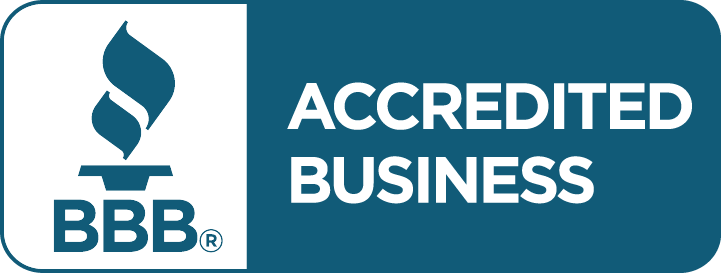 The holidays are nearly over and the year is coming to a close. If you’re like most Canadians, you’ll be thinking about how you can start the year off right by choosing a new year’s resolution.
The holidays are nearly over and the year is coming to a close. If you’re like most Canadians, you’ll be thinking about how you can start the year off right by choosing a new year’s resolution.
According to Statista, improving personal finances is the second most common new year’s resolution, after exercising and dieting. Why? Because money is one of the top causes of stress.
“Debt is one of the most stressful aspects of modern life and can lead to health problems such as difficulty concentrating, trouble sleeping and changes to personal behaviour, such as eating habits or outlook on life,” says Susan Eisner, CEO of SolveYourDebts.com. “As the new year approaches, now is the perfect opportunity to take a hard look at your finances and seek help if needed. It’s never too late to make a change.”
Here are 7 things you can do to improve your finances in the new year.
- Educate yourself
Personal finance can feel overwhelming and complicated, but it doesn’t have to. There are thousands of books on financial literacy for all knowledge levels. Simply educating yourself on the basics will allow you to feel more confident and comfortable managing your money. Check out some easy-to-read best-sellers like The Wealthy Barber by David Chilton or The Automatic Millionaire by David Bach.
- Earn some extra cash
If you’re finding yourself cash-strapped every month, you’re either overspending or you don’t make enough money to cover your monthly costs. If your job doesn’t provide enough income, finding a side hustle could be a game-changer. With the gig economy, it’s never been easier to make a bit of extra cash on the side. Signing up to drive for Uber, offering to house or pet-sit, or renting a spare room on Airbnb are all lucrative ideas.
- Create a budget
The dreaded B-word. Most people hate the idea of a budget as much as a diet, but budgeting is crucial to understand how much you make and how much your monthly costs are. Without knowing this, you set yourself up for failure. There are tons of free online budgeting tools and templates you can use – all you have to do is sit down for an hour and create one. Then, stick to it!
- Pay down debt
Many people think that they don’t have enough money each month to put towards their debt, so they simply pay the minimum amount. However, by doing this, you will never become debt-free. Use a free online calculator to find out how long it will take you to pay back a loan – the results will likely surprise you! Use this as motivation to pay down high-interest debt quickly. If you have to reduce spending elsewhere to do this, then do so. Anytime you get any extra cash, whether it be a gift, tax refund or side hustle income, put it towards your debt. Make it a goal to become debt-free as soon as possible.
- Save
Similarly to paying down debt, saving is crucial if you want to have a comfortable lifestyle when you retire. Aim to save at least 20% of your income every month and make sure you pay yourself first. This means that for every paycheque you get, 20% of it should automatically go into your savings account so that you don’t spend it. If the money is gone before you even see it, you won’t be tempted to spend it. Putting that money into something like a TFSA or RRSP will not only help it grow, but it will make it harder to access.
- Reduce your spending
In addition to improving your finances, the new year also brings an opportunity to quit smoking, eat out less and cut back on coffee. Yes, all of these things that are daily bad habits also cost you money. Do the math to find out how much your daily $2 cup of coffee will end up costing you each year. If you buy one coffee every workday for a whole year, that $2 quickly turns into $520. How many other small purchases can add up in the long run? Find a few things to cut back on and watch the money in your account grow.
- Check your credit report
It’s a good idea to check your credit report at least once a year. You can ask for a free copy of your credit file by mail from one of the two national credit bureaus: Equifax Canada and TransUnion Canada. Checking your credit report ensures there are no errors, which could affect your borrowing ability down the line. Some credit bureau watchers estimate that there are errors in 10 to 33 per cent of credit files.
Taking the Next Step
If your money situation is a mess and you’d like to learn what it takes to be financially well, our proactive budget mentoring service might be just the support you need. Our personalized credit counselling, budget mentoring, and financial education programs are designed to help you solve your debts and feel proud of how you did it. We are the credit counselling specialists, and what we offer is simple: Debt Solutions that Stick. Contact us today for a free consultation.











